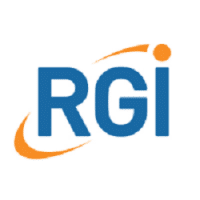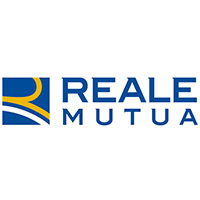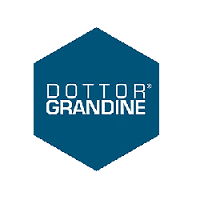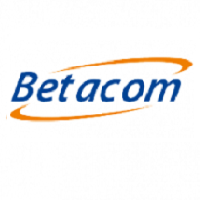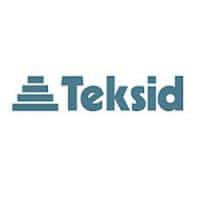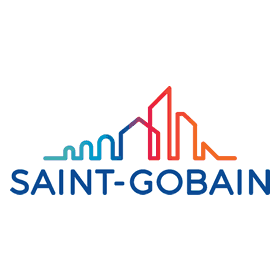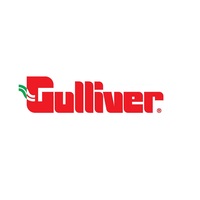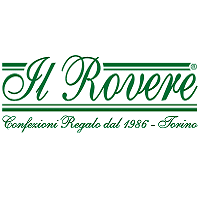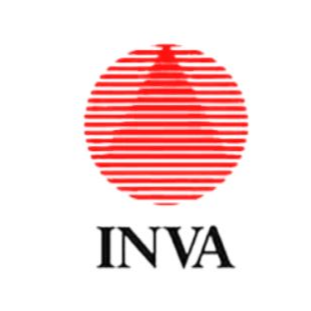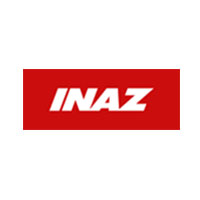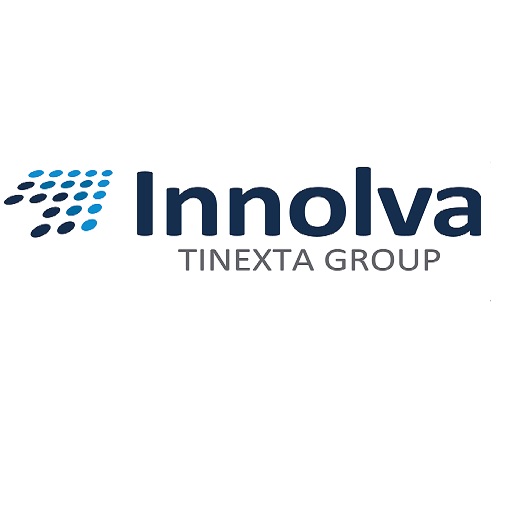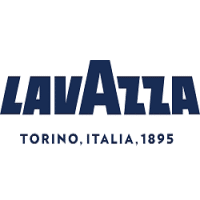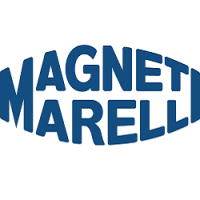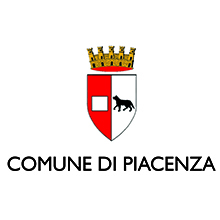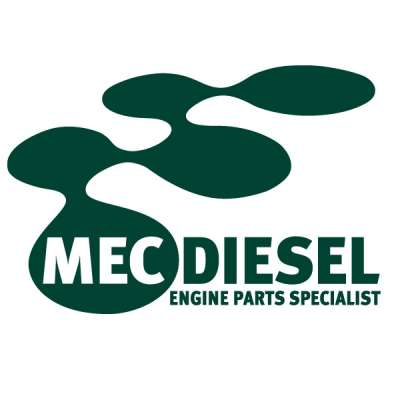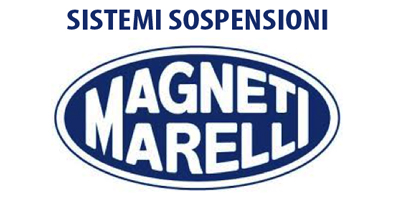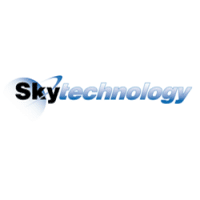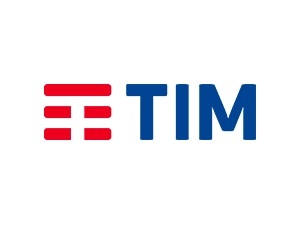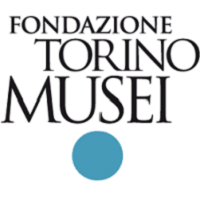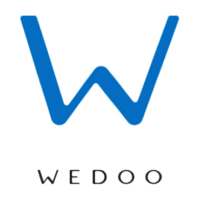PROJECT:
Multinational group in the Automotive mechanical parts sector and present in over 20 countries around the world, has chosen Betacom as a partner in the business and technology transformation project, to restructure the digital processes at all branches of the group.
CUSTOMER NEEDS:
The group needed to renew the old software applications for the management of traceability, reducing the maintenance costs of the devices.
SOLUTION:
Betacom has implemented a new data management model, applicable to all Group companies, with a more dynamic approach for the implementation of the Industry 4.0 model and the traceability of process data.
BENEFITS:
• Scalability of new processes on all production lines
• Modular and dynamic software that can be easily reprogrammed
• Optimization of maintenance costs
• Simplified use of data
• Use of higher security standards
• Use of Open Source software to increase the possibility of customization and evolution of applications
STRATEGY:
Betacom has worked for about 2 years to replace old applications such as SCADA and other data visualization systems with an Agile approach in the development of the project, to obtain a single large platform that manages each process and introduces technological and architectural innovations.
Node JS was chosen as the programming language and DOCKER as the virtualization container. Mongo Db as an application database alongside the customer database for traceability data.
Architecturally, it was decided to develop a multi-platform solution that would work with both WINDOWS and LINUX to be scalable on all production lines and on Cluster of virtual machines.
The software structure was designed using a client / server model based on standard web protocols (HTTP, HTTPS, TLS) that allowed to enable reliable encryption and security algorithms. This choice was made with a view to reducing the installation and maintenance costs of the devices (clients) present on the production lines, decentralizing the application logic on machines (servers) optionally hosted on virtualization infrastructures.
For the development of the traceability software we have opted for a top / down approach useful for implementing software solutions that follow an application logic as similar as possible to that of the old traceability software used by the customer.
For the IOT part we used the SCRUM framework, in order to better optimize the planning and development phase of the functions requested by the customer
ACHIEVED RESULTS:
1) We were able to put these innovations into production both on high-performance machines - 24 CPUs and 32 giga RAM - and on less powerful PCs (such as Raspberry PI), according to the needs of the different plants and production lines, making them scalable to the whole group.
2) The new software has been successfully released on Windows, Linux and Docker orchestrators (Azure platform)
3) The software release has been improved using DEVOPS solutions for the automation of tests and software packaging.



